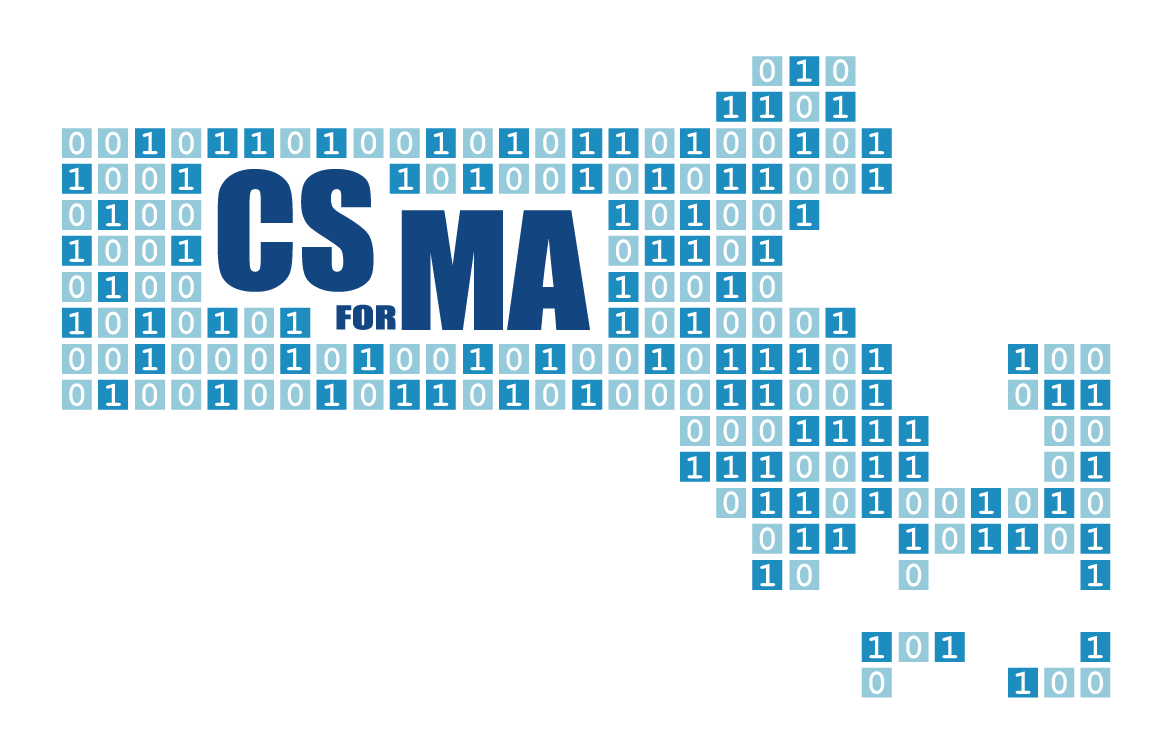
Summary
This introduction to Linux course is offered by the Network Development Group (NDG). The skills taught in this course are applicable to a wide range of careers including networking, software development and Linux administration. This course aligns to the Linux Professional Institute (LPI) Linux Essentials Professional Development Certificate. To learn more about this certificate, visit www.lpi.org/LE.
Learning Outcomes
● Understand Linux as an operating system
● Explain some of the considerations for choosing an operating system
● Understand some of the basics of open source software and licensing
● Acquire basic knowledge of working with Linux
● Learn basic Linux command line skills
● Learn how to use help commands and navigate help systems when using Linux
● Basics of how to work with Linux files and directories
● Searching and extracting data from Linux files
● Basic understanding of the concept of scripting
● Familiarity with the components of desktop and server computers
● Knowing where data is stored on a Linux system
● Querying vital network settings for a Linux computer on a Local Area Network
● Identifying various types of users on a Linux system
● Creating users and groups on a Linux system
● Managing Linux file permissions and ownership
● Understanding special Linux directories and files
What Should I Know
● Basic Knowledge of Computers and Networking
● This is an introductory course to Linux, no previous knowledge of Linux is required
My name is Paul Burkholder. I am a full time instructor at Rhodes State College in Lima, Ohio. I have been an instructor for 16 years teaching a wide variety of curriculum. I mainly teach Linux, Ethical Hacking, Cisco, and Robotics. I have also taught programming classes as well as Microsoft Server 2008 and 2012. Linux and Ethical Hacking are by far my favorites to teach. I am very passionate about it. I also like to get into the Raspberry Pi and use it as a learning platform for both Robotics and Linux.
